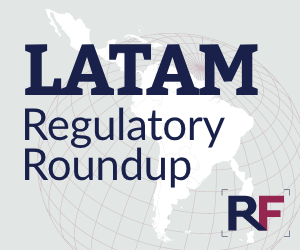In recent weeks, both Brazilian and Mexican regulatory authorities have made public their eagerness to spur domestic production – and faster regulation – of biosimilar drugs, with each country hoping to both reduce its own dependence on high-cost imported biologic agents and emerge as an important regional exporter of lower-cost therapies.
On 27 September, officials with Brazil’s National Health Surveillance Agency (ANVISA) announced a public comment period concerning a proposed rule change that would, if adopted, ease the path by which biologic and biosimilar drugs receive marketing authorization. The announcement followed two recent conferences by ANVISA to engage stakeholders, in which the agency “reviewed the pros and cons of waiving the non-clinical and clinical studies requirement when reviewing marketing applications for biosimilars, interchangeability, and international references,” wrote Sao Paolo attorney and sector analyst Benny Spiewak in a 28 September column for Lexology. The move was not unexpected: ANVISA had stated in an August 2022 report that regulatory reliance would be central to its strategy to increase production and availability of biosimilars.












